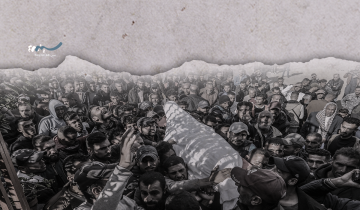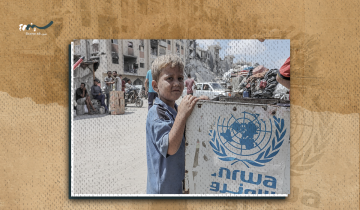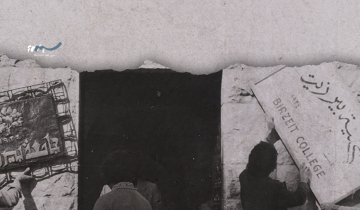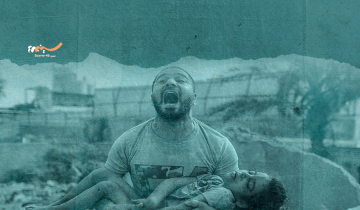A New Reality in Masafer Yatta: The Urgent Need for International Intervention
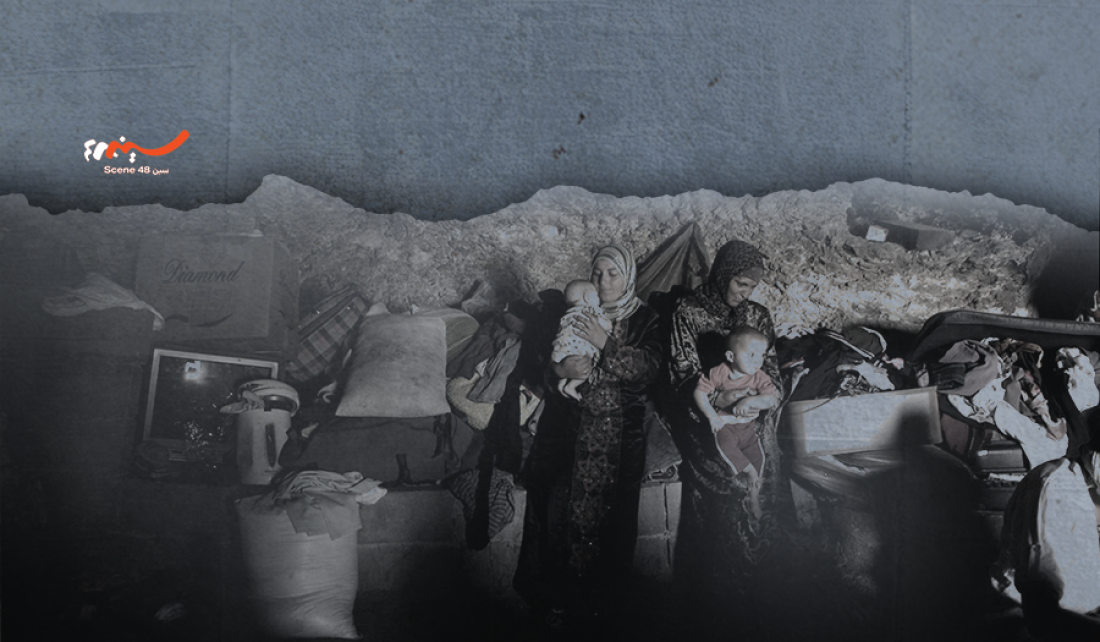
For nearly three decades, I have worked as a human rights lawyer ardently advocating for Palestinians rights in the occupied Palestinian territory. My motivation is deeply rooted in my identity as a Mizrahi Jew from Arab descent, indigenous to the Middle East, from Yemen, and second generation in Israel. Ensuring Palestinian communities remain steadfast in safe homes aligns with my own struggle for Jewish safe haven in the region. These intertwined goals cannot be achieved without sustaining shared Jewish-Arab life in Israel/Palestine; one built on mutual protection and resistance against the genocidal calls for mutual destruction.
This mutual rescue of the two peoples can emerge in an environment defined by equality, democracy, and peace. But fighting genocide and ethnic cleansing in the oPt is becoming increasingly difficult after October 7th. The legal and administrative framework, established since 1967, with plans for forced displacement, is now ruthlessly executed, chiefly via proxy settlers in expanding outposts.
Mutual rescue has driven my litigation work defending herding communities in South Hebron Hills, alongside my doctoral thesis on displacement of Bedouins in the Negev and West Bank. Both reveal human rights law and international humanitarian law tragic inadequacy to halt settler-colonial displacement. Palestinian sumud remains the strongest defense, though settler violence is overwhelming force.
This article highlights the legal battle for Masafer Yatta’s communities in Fire Zone 918, a vivid example of Palestinian sumud through litigation, and the catastrophic shift since October 7th, as settler violence intensified, acting as a state proxy to carry out ethnic cleansing. The current regime cripples Palestinian sumud, but settler violence inflicts the real displacement and destruction. As named by the Mizrahi Civic Collective, the “old order” that feigned legal restraint has been replaced by a new extremist order that openly discards any rule of law or justice.
Masafer Yatta’s predate 1967 by over a century. Its villages developed as extensions of the central village of Yatta, with distinct cave-dwelling traditions on private lands. Jinba, one of these extensions, was once larger than Yatta but was destroyed by the Israeli military forces before ’67. Post-occupation policies, starting with al-Samu‘ attack, choked village growth through land confiscation and zoning laws, including the 1980 declaration of Fire Zone 918, triggering mass eviction orders in1999-2000 and wide spread property destruction. Akevot organization’s research found that Ariel Sharon, Defense minister then, marked Fire Zone 918 to displace Palestinians and link Hebron in the West Bank occupied territory with Beer-Sheba in the northern Negev.
The residents petitioned against eviction; after two decades, the High Court of Justice rejected their claims in 2022, ignoring historical evidence and artifacts showing decades of continuous habitation. Diplomatic pressure delayed forcible displacement, but October 7th saw demolition surge, including at Khalet al Dabe‘, one of fourteen surviving villages at that time.
Since October 7th, ethnic cleansing escalated via settler violence: armed settlers supported by military and police, supplied with drones and rangers, established five new outposts and expanded others inside Fire Zone 918. Disguised as “farms,” these outposts violently seized land through aggressive grazing, shooting Palestinian herders, killing sheep, denying access to grazing lands, destroying olive groves, and fabricating complaints leading to false Palestinian arrests.
A 2023 YNET report documented a 30% rise in soldier violence against Palestinians. The state admits no indictments were made for settler violence despite complaints. Mass pogroms plague Fire Zone 918. Jinba was attacked twice in April 2025, first by settlers injuring seven people, then by over 100 soldiers with settler militia. Military commanders claimed responsibility, yet violence persists uninterrupted, and courts fail to protect villages. After October 7th, the Israeli Civil Administration demolished Khalet al Dabe‘ remains; when legal motion sought to halt pogroms, courts rejected them. The military vehicle access as international criticism grew, isolating the village further.
The regime change in the West Bank, shifting from direct state violence to state-supported settler violence, stems from broad changes after 2022 elections. The Likud-Religious Zionism coalition dismantled the Israeli Civil Administration (ICA), creating a “Settlement Administration” under Minister Bezalel Smotrich, effectively annexing Area C into a settler regime — a state within a state. Civilian powers once overseen by the military commander have been divided, circumventing legal oversight. Human rights groups condemn this as violations of both international humanitarian law and Israeli Basic Laws.
While pending, these changes became operational. The settler regime now controls planning, demolition, land use, legalization of settlements and agricultural outposts, effectively eradication protections in Masafer Yatta where land is unregistered or “under survey.” these changes enabled accelerated forcible displacement.
October 7th marks not only horrific violence but a drastic regime shift targeting Palestinian resistance by empowering settler terror. The transition from military occupation to de jure annexation includes dismantling legal oversight and driving rapid demographic and geographic changes, including ethnic cleansing, in areas like Masafer Yatta’s Fire Zone 918.
Resisting this regime change is not only a Palestinian struggle; it is a crucial responsibility of all Israeli citizens committed to justice. Many of us fight in courts, streets, and grassroots movement for equality and human rights. From a Mizrahi perspective, Jewish-Arab is more than necessity—it’s a blessing. True normalcy demands safeguarding Palestinian communities in the occupied territory and Israel alike.
As judicial remedies vanish and rights advocates feel powerless, we urgently call for international intervention. Not to replace Palestinian resistance but to bolster it. Support the brave Masafer Yatta residents and their allies. Together, we must pursue justice and defend human dignity for all.
Photo Credit: Anne Pak / Activestills.
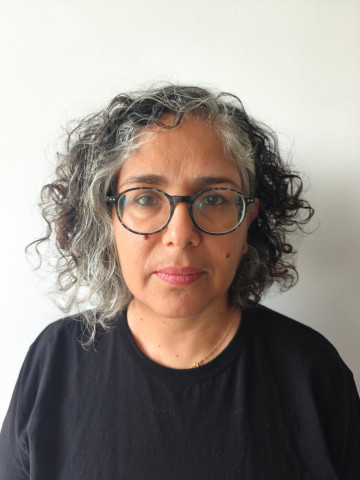
Dr. Netta Amar Shiff
A Jewish Yemeni-origin Israeli human rights lawyer working on Palestinian rights since 1998. Her expertise includes international human rights and humanitarian law, focusing on planning rights, demolitions, and forcible displacement in the West Bank, as well as constitutional and administrative law. Her doctoral research examines the legal-geography of international law related to the displacement of Bedouin communities in the Negev and West Bank. She filed the Mizrahi petition against Israel’s 2019 Nation-State Law and currently directs the Mizrahi Civic Collective. She has also worked with and served on boards of organizations such as B’Tselem,Diakonia, and UN OCHA in the oPt.
